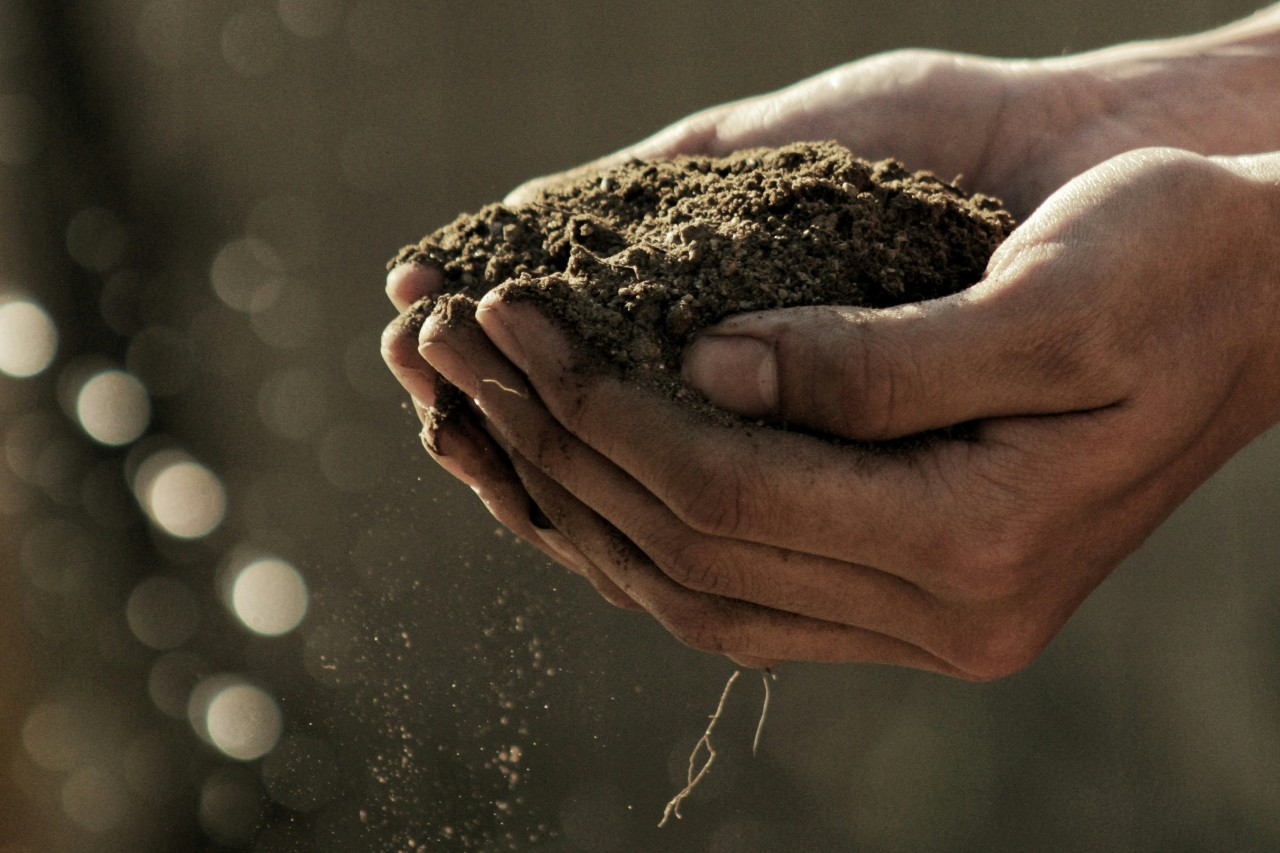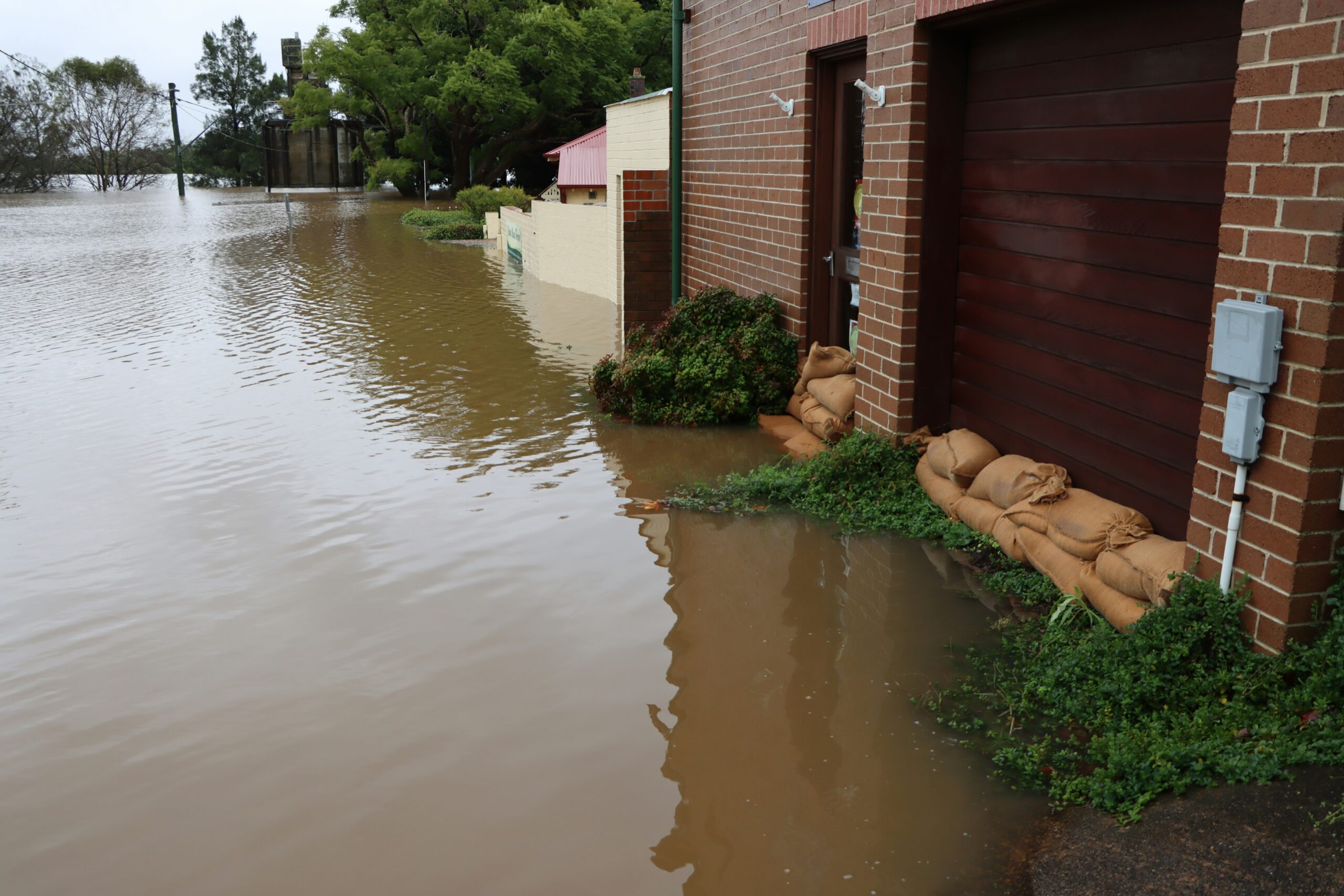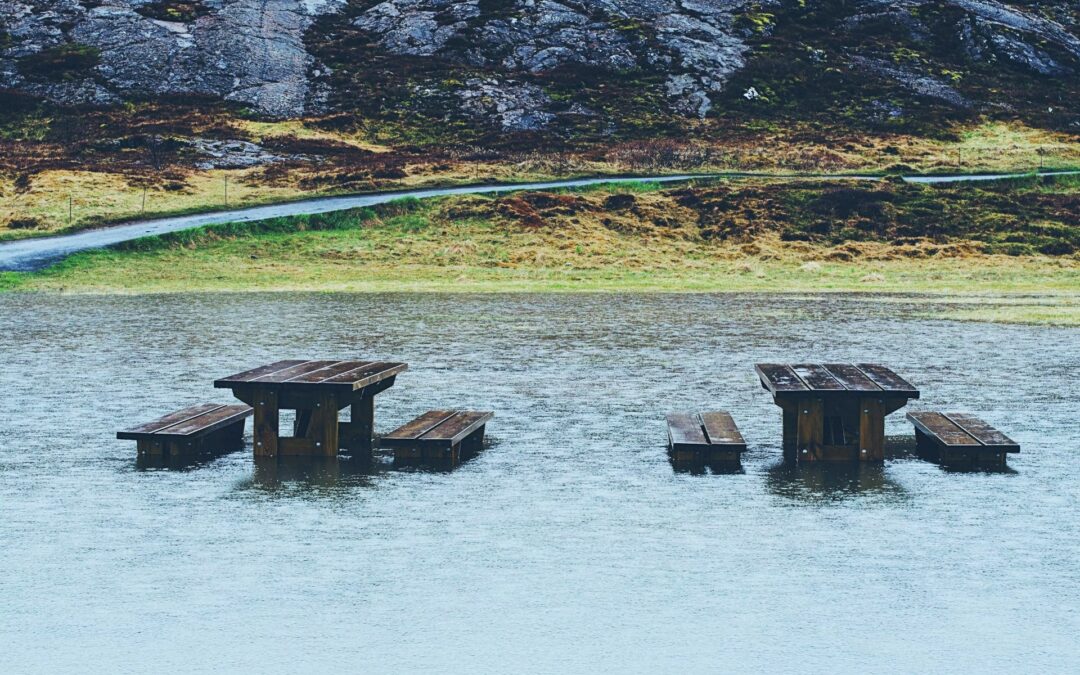Thanks to funding from South Hams District Council (SHDC), the Bioregional Learning Centre is now embarking on a collaborative project with Sustainable South Hams (SusSH) to raise awareness of climate adaptation and show communities how they can plan ahead.
In February, we presented on Climate Adaptation and led a discussion at the SusSH ‘Change Makers’ event, which gave us an opportunity to hear from engaged community members. This discussion is now guiding the development of our project principles when addressing this complex topic, a subject we will cover in a future blog.
Working alongside SHDC and SusSH to support learning around climate adaptation and resilience in the region, BLC will be producing a Learning Journey in the first week of June for invited community members, thought leaders and local councillors to join us in visiting projects already tackling climate adaptation, plus places or situations where there is significant potential for taking action.
The Learning Journey will contribute content for an exhibition beginning this autumn (read about our 2023 travelling exhibition Water Stories here, which highlighted how we are all now adapting to constant change, zeroing in on water supply and stewardship).

During our ‘Change Makers’ presentation, we introduced the topic of climate adaptation and resilience. We covered wide contextual information – including systems thinking and considering the scale of change through deep time – and practical climate adaptation planning using the Devon, Cornwall and Isles of Scilly Climate Adaptation Strategy.
In the second part of the event, participants discussed in smaller groups their understanding, concerns and questions about climate adaptation, structured around our five key themes: human health; food; water; local environment; and energy & technology. As expected from a group of engaged community members, many were very aware of how they had already experienced climate change and thought about mitigation at both a local and national scale.
Some participants – many of whom have spent decades attempting to mitigate climate change through personal choices, community action and campaigning – were concerned a focus on climate adaptation would indicate some level of ‘giving up’ on trying to prevent the worst climate outcomes.
There was also some uncertainty around what exactly climate adaptation might look like. Much of what participants thought of focussed on problem solving at an individual level, like household water saving, driveway resurfacing or home insulation.
A large part of BLC’s intention for this work centres on empowering local communities to understand how they can work together to plan and prepare for likely outcomes under climate change (with or without governmental intervention).
This might look like community flood plans, warm and cool spaces, local business planning, or supporting community energy projects – or it might be something entirely new and innovative that springs from many engaged community members working together.
This is the first in a series of Local Climate Adaptation posts. Please let us know if this project is of interest to you, and if you have suggestions for our Learning Journey destinations by getting in touch at info@bioregion.org.uk.


